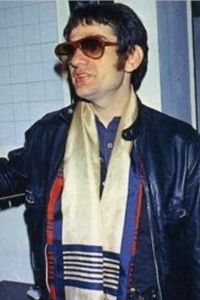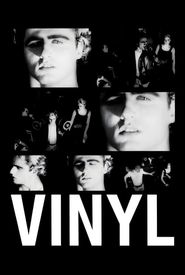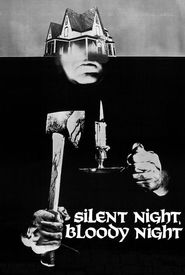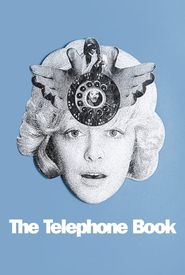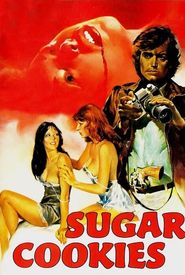Robert Olivio, also known as Ondine, was a renowned figure in Andy Warhol's cinema world of the 1960s. Born on June 16, 1937, Olivio's life took a dramatic turn when he first met Warhol at an orgy around 1961 or 1962. Initially, Olivio was dismayed by Warhol's failure to participate in the event, and he even kicked the artist out, unaware of his significance as the future pioneer of Pop Art.
As fate would have it, Olivio's life took a new turn when Warhol began calling him Ondine, a name inspired by the mythological water spirit. Olivio's professional debut in the film world came in 1964, when he started appearing in Warhol's underground movies. His first major role was in the free-form film "Couch" (1966),followed by a notable appearance in "Batman Dracula" (1964),Warhol's 18th and 20th films as a director.
Throughout the 1960s, Ondine appeared in seven more Warhol films, including the iconic "Chelsea Girls" (1966),where he played the role of "Pope Ondine." His rapid-fire conversations, fueled by speed, became a hallmark of his persona, and Warhol frequently recorded their conversations, which were later transcribed and published as "A: A Novel" in 1968. This novel, published by Grove Press, purportedly chronicled 24 hours in the life of Ondine.
Ondine's final appearance in a Warhol film was in "The Loves of Ondine" (1968),a fictional account of the gay Ondine's attempts to lead a straight life. Although he was supposed to appear in Warhol's "Lonesome Cowboys," he failed to show up at the Arizona location where the film was shot, leading to his banishment from "The Factory," Warhol's iconic loft-living and working space. Despite this, the two remained friends.
In later years, Ondine supported himself by showing Warhol films and delivering lectures on his experiences as a Warhol "superstar" on the college circuit. He eventually passed away in Queens, New York, in 1989, due to liver disease.
